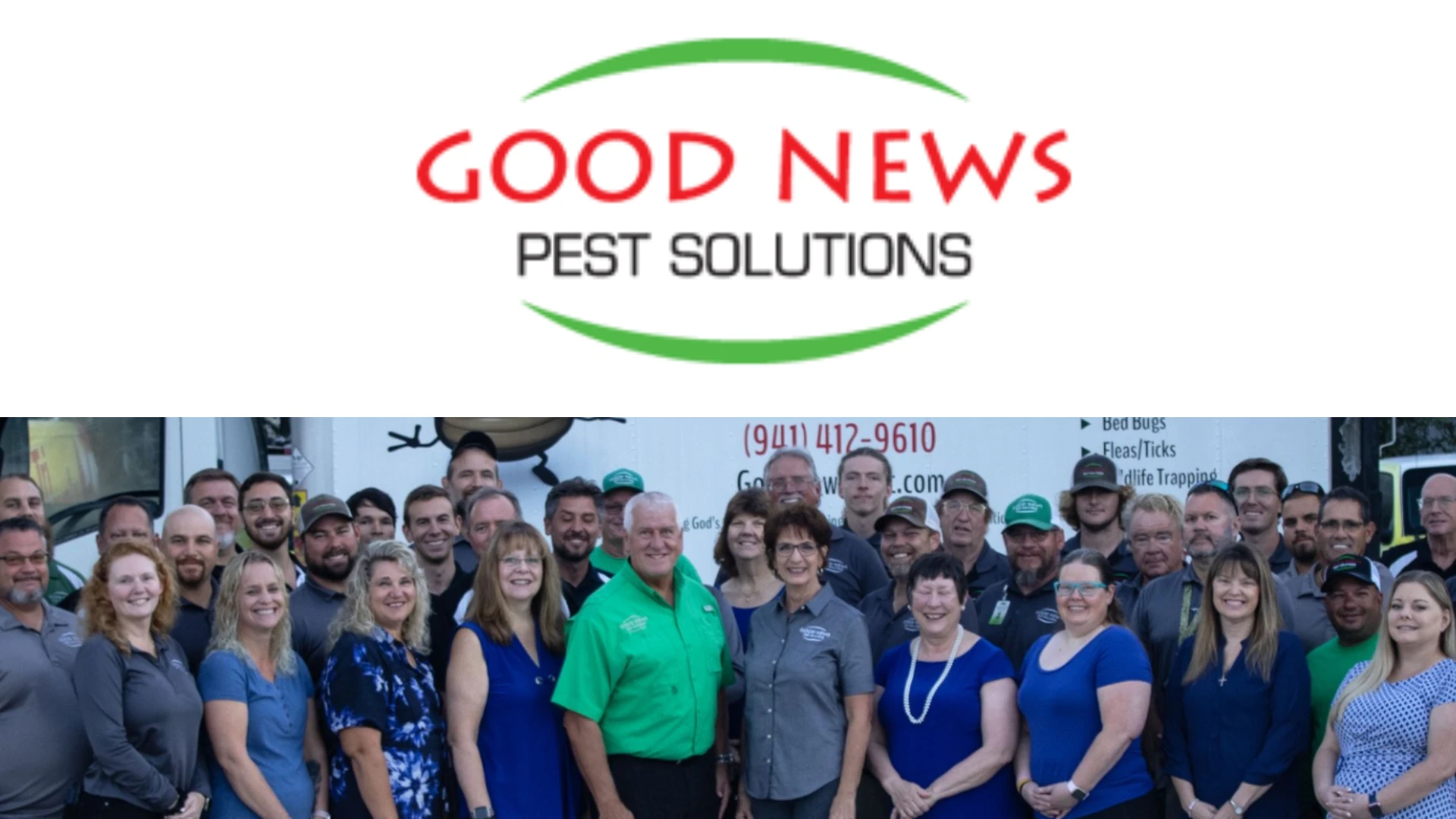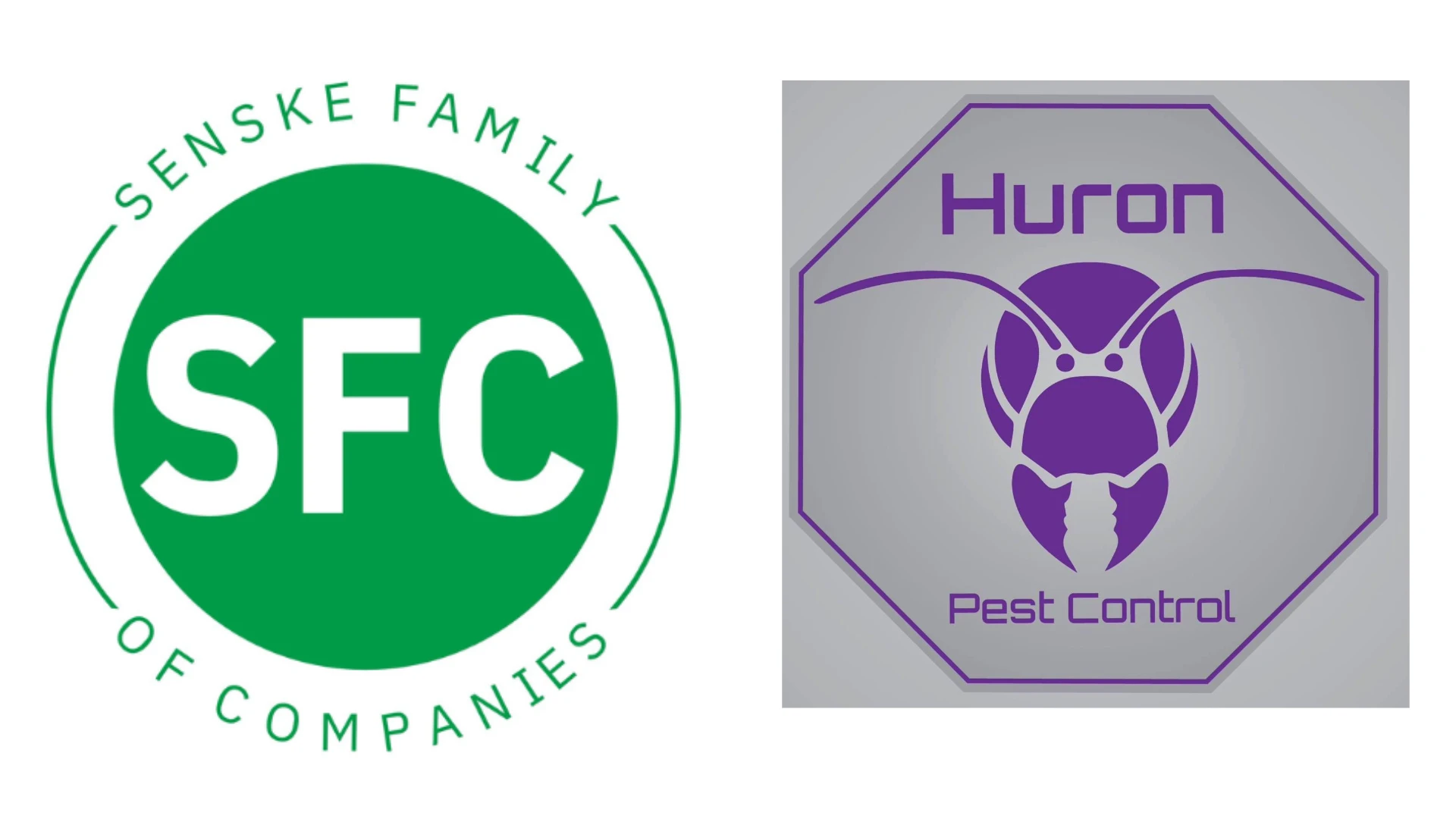Years ago, our industry didn’t experience public health issues involving pests the way it does today — especially not to the magnitude and geographic specificity we currently deal with. These nuisance pests have demanded a new set of responsibilities for pest management providers, as well as more fine-tuned soft skills to manage client perceptions of these pests and the danger they pose (or do not, in some cases). The mere “fear factor” these pests evoke requires you to step up your game or be left behind. It’s an exciting challenge to our industry that separates the good from the best as we are constantly confronted by new pests requiring further education for both service providers and clients.
In central Arkansas, bed bugs (Cimex lectularius); red imported fire ants (Solenopsis invicta); widow spiders (Latrodectus spp.); Norway rats (Rattus norvegicus); and roof rats (Rattus rattus) were rarely, if ever, seen until recent years. And, when the rare sighting did take place, it was a company-wide event and generated buzz for weeks.
As I have watched fire ants become more prevalent, it has taught me the importance of keeping up with industry reports of pests around the country even if they may not immediately pertain to my geographical location. This practice helped prepare our company for bed bug pressures as they began to hit hard over the last couple years and has kept us ahead of our competition. It’s a good example of how we have to keep our eyes on the horizon as good stewards of our industry.
What's on the Horizon? Here’s a review of what our industry encounters today — and what we might see in the future.
Bed Bugs — We’re way past the horizon on this one, having swept across the country affecting everyone to some degree. You certainly don’t want to figure out how to manage bed bugs on your own through trial and error.
Norway and Roof Rats — Populations of these rodents have been on the increase for years and activity is being noted more frequently. They will eat your lunch if you don’t know what you’re doing — literally.
Wildlife Encounters — As humans move into previously natural areas or as wildlife recognizes the opportunity to meet its needs by living side-by-side with humans, these encounters become more frequent. And it’s not just squirrels, opossums, raccoons and skunks, but also larger animals like feral cats, feral hogs, deer or even bears. You don’t want to be caught unaware by these creatures.
Psocids — They could be all around your accounts, but if you don’t know what to look for, you may never see them.
Non-Native Invasive Pest Species — Even though they sound obscure, this pest threat is growing as our world becomes more global with products shipping everywhere. Find an opportunity to attend an educational session on invasive pest species.
Keeping Up. In addition to understanding pest threats, communication skills are an essential part of pest management. If you are the best pest expert in the world, but unable to communicate with the client, you are doomed. It’s imperative to stay ahead and be able to share your learning with others.
So how do you keep up on all these new pest challenges? How do you know where to get good reliable information that will keep you ahead of the pests and your competition? Before we even get into the nitty gritty of staying current, a word of caution. Regardless of what you are researching, only use credible, proven sources. The Internet is full of half truths, magic potions, and scare tactics and your clients are constantly bombarded with misinformation, especially about high-profile pests affecting public health.
Part of your job as a pest management provider is to combat the bad information with the truth for your clients. To be the expert in their eyes, you need to be more informed than they are about the topic, whatever that may be. If you don’t have sufficient knowledge, don’t be afraid to admit it. Just let them know you will find the information they need and get back to them with the right answers.
Here are some useful information sources:
- Industry magazines like PCT are great resources to get a wide variety of topical information from current pest pressures to new products and techniques.
- Industry associations such as the National Pest Management Association are invaluable when it comes to keeping a finger on the pulse of our industry.
- Companies like Copesan provide opportunities to surround yourself with some of the greatest minds in our industry who are willing to share their knowledge and experiences — a value that cannot be over-stated.
- State Pest Management Associations also provide different educational opportunities, including re-certification courses.
- Pest management conferences such as the Purdue University Pest Management Conference are great opportunities, not only for their educational value, but also for building relationships.
- Entomology Departments of Universities from around the country are great for finding in-depth information on different subjects that each university has focused on in their research. Building a connection with individuals from a university entomology department is a great way to expand your resource and knowledge base.
- Webinars are another great resource offered by several industry associations. There are several a week being hosted somewhere — you just have to find them.
Our industry is full of educational opportunities and educated people willing to share their experiences and help each other stay up to date on the latest pest challenges. But it’s up to you to take the initiative. And, whether you’re new to the industry or a seasoned professional, you can also contribute by sharing your experiences with others.
Christian Wilcox is technical director for McCauley Services in Arkansas and east Texas. He’s a member of the Copesan Technical Committee.
Copesan is an alliance of pest management firms serving national accounts throughout North America. To learn more, visit www.copesan.com.
WANT MORE?
Enter your email to receive our newsletters.

Explore the July 2012 Issue
Check out more from this issue and find your next story to read.
Latest from Pest Control Technology
- Webinar: Employee Incentives — Going Beyond the Annual Raise
- Pest Control Companies Helping Neighbors in Need Eradicate Bed Bugs
- Why Does Marketing Feel So Opaque?
- How Did This Pest Get Its Name?
- Rose Pest Solutions Honors Top Performers with Annual Chief’s Club Awards
- Doug Foster on Termite Control Equipment, Resources
- Pest Control Consultants Acquires EcoGuard Pest Control
- Pest Index Increased 9 Percent YOY in February






